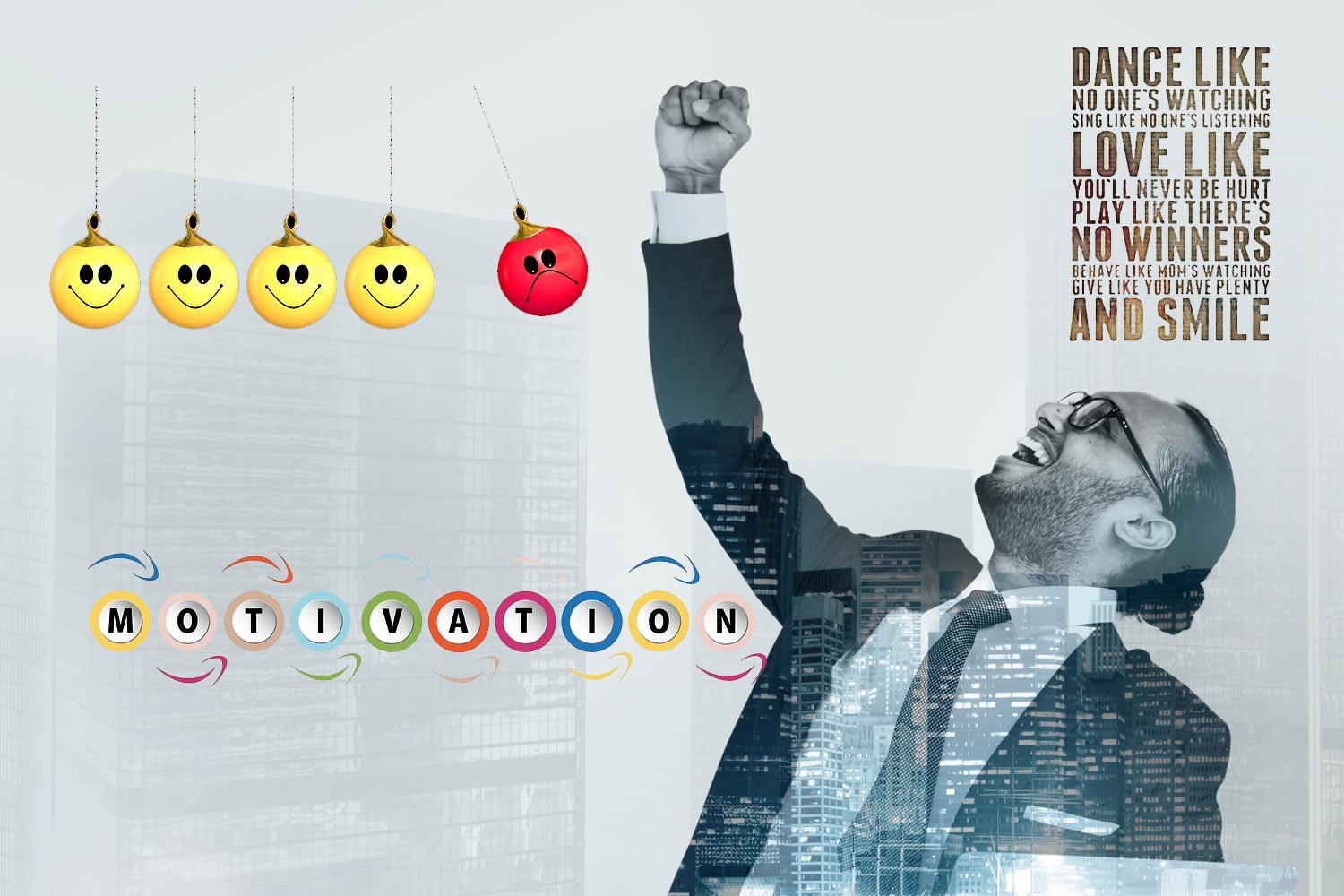
Academic success isn’t just about scoring well, but also about learning how to think, plan, and grow. Many students struggle not because they aren’t capable but because no one taught them how to manage their time, stay motivated, or communicate clearly.
Recent findings from the OECD’s PISA 2022 report show a noticeable dip in student performance across several countries. But the problem isn’t just content knowledge. It’s about learning behavior—how students organize their day, solve problems, or deal with distractions. These gaps are more common than we think.
Imagine two students sitting side by side in the same classroom. One flourishes, the other falls behind. What separates them? Often, it’s not talent. It’s the set of habits and strategies they rely on. These skills don’t appear overnight. They take time to build, but anyone can learn them. Let’s look at five that make the difference.
Table of Content
- Time Management
- Critical Thinking and Problem Solving
- Communication Skills
- Self-Motivation and Discipline
- Information Literacy
- How These Skills Work Together
- Common Challenges Students Face
- How Parents and Teachers Can Help
- Wrapping Up
- FAQs
Time Management

Why It Matters
One student I worked with said, “I sit down to study and suddenly it's two hours later and I’ve done nothing.” Sound familiar? Time doesn’t disappear. It just gets used without us noticing.
Research from Harvard Summer School shows that students who stick to a clear schedule tend to feel more in control and less anxious. It’s not about doing more, but doing things with intention.
How to Build This Skill
-
Use a planner or a digital calendar
-
Break assignments into bite-sized chunks
-
Review how you spend your time at the end of each day
-
Set aside blocks for deep work, breaks, and revision
Just a few days of planning ahead can help students feel more balanced and focused.
Critical Thinking and Problem Solving
What It Means
Critical thinking doesn’t mean being skeptical about everything. It means slowing down, asking good questions, and weighing different options before jumping to conclusions. According to Cambridge, this skill is one of the strongest predictors of deeper understanding in students.
How to Strengthen It
-
Turn memorization into reflection: “What does this mean?”
-
Practice analyzing two sides of an issue
-
Use journaling to think through lessons after class
Students who think critically are better prepared to face real-world problems, not just school tests.
Communication Skills

The Role It Plays
Have you ever been part of a group project where no one took the lead, or things fell apart? Communication is often the missing link. It affects how students share ideas, work in teams, and ask for help when needed.
The Journal of Educational Psychology links strong speaking and writing skills with better grades and better teamwork. But this isn’t about fancy words—it’s about being clear and thoughtful.
Tips for Building Communication
-
Encourage classroom debates and discussions
-
Practice writing and rewriting short essays
-
Provide feedback that focuses on message clarity
When students learn to express themselves, they grow more confident, both in and out of class.
Self-Motivation and Discipline

Getting Things Done When You Don't Feel Like It
Motivation is great—when it’s there. But what happens when it’s not? That’s where discipline takes over. Angela Duckworth’s work on grit shows that sticking to a goal matters as much as talent, if not more.
APA research supports this: students with routines and realistic goals outperform those who rely on bursts of inspiration alone.
Habits That Help
-
Set a clear, daily goal (even a small one)
-
Avoid trying to do five things at once—focus matters
-
Reflect weekly: “What worked, what didn’t?”
Motivation isn’t about always feeling pumped. It’s about learning to move forward anyway.
Information Literacy

Why It’s a Core Skill
There’s more content online now than ever before. But more doesn’t mean better. Students are flooded with articles, videos, and social posts, but many don’t know how to tell what’s reliable and what’s misleading.
UNESCO calls digital literacy a key skill for students today. It’s more than using devices—thinking critically about what you find.
Ways to Improve It
-
Learn how to check if a source is trustworthy
-
Use more than one source before forming an opinion
-
Understand how to credit original work and avoid plagiarism
Students who can tell facts from noise are more prepared for school and everyday life.
How These Skills Work Together
These aren’t five separate boxes to check—they’re a system. When students learn to manage their time, it’s easier to stay motivated. When they think critically, their writing improves. When they’re digitally literate, their research is more effective.
Everything is connected. And improvement in one area often strengthens the rest.
Common Challenges Students Face
Feeling Drained or Burnt Out
Working hard without taking breaks isn’t a badge of honor—it’s a road to burnout. Students often feel pressure to do everything perfectly, which adds up. Learning when to pause, rest, or say no is part of staying healthy and productive.
Too Many Distractions
Social media, constant notifications, and peer comparison are part of daily life. But without boundaries, they eat into study time and focus. Setting up quiet hours or using apps to limit screen time can make a real difference.
How Parents and Teachers Can Help
-
Talk with—not at—students
-
Recognize effort and process, not just results
-
Check in regularly: “How’s school going? Need help with anything?”
Support at home and school matters. It helps students feel seen and gives them room to grow at their own pace.
Wrapping Up
Success in school is about more than books and exams. It’s about building habits and learning skills that stay with you for years. Time management, clear thinking, communication, motivation, and smart use of information don’t just help students pass. They help them grow.
And the best part? These skills are learnable. Anyone can build them. It just takes time, support, and a little bit of patience.
FAQs
What’s the first skill students should work on?
Start with time management. It gives structure to the rest.
How can critical thinking help outside school?
It helps with decision-making, analyzing situations, and avoiding quick assumptions.
Do communication skills matter in every subject?
Yes. Whether it’s science, literature, or math, explaining your ideas helps.
Why is learning to evaluate sources so important?
Because not everything online is accurate, spotting good information saves time and confusion.
What’s the best way to stay motivated during tough weeks?
Celebrate small wins, take breaks, and remember why you’re learning in the first place.



